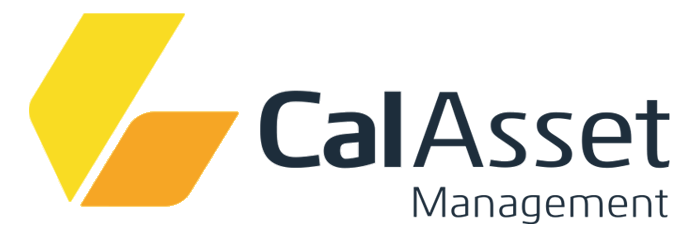In this week's edition:
- Gold Rebounds by 1.79% to Near-Record Levels After Previous Week’s Dip
- Ghana’s Treasury Yields Extend Decline, Down ~10 Percentage Points YTD Across All Tenors
- Broad Market Rally Lifts 13 Stocks, Driving Largest Weekly Gain in Nearly Two Years
Kindly click to view the full report: Global Market Update - March 10, 2025
